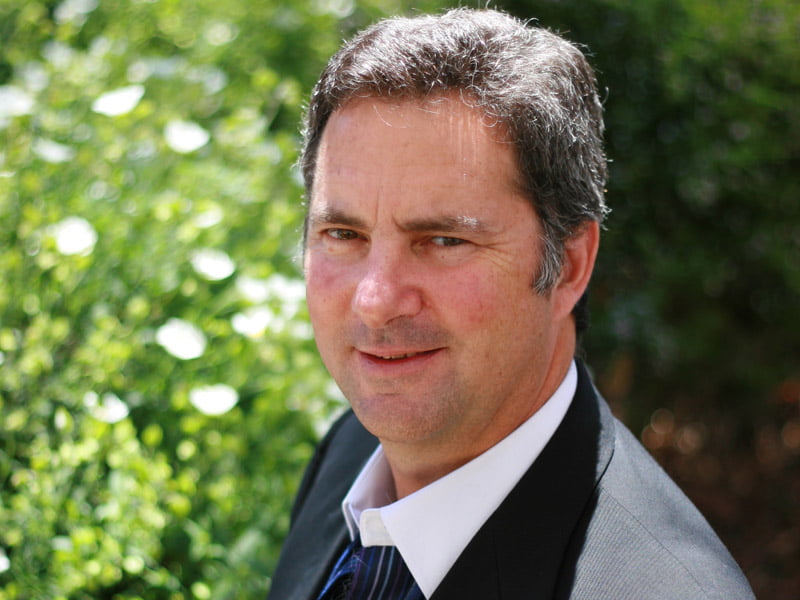The head of CSIRO, Larry Marshall, has apologised for comparing the passions aroused by climate change with those sparked by religion.
“The politics of climate, I think there’s a lot of emotion in this debate. In fact it almost sounds more like religion than science to me,” he told the ABC’s AM program last Thursday morning.
He quickly recanted, telling Labor’s Innovation spokesman Senator Kim Carr at the Senate Estimates hearings that same afternoon that “I was merely referring to the passionate zeal around this issue, not any other reference and I deeply apologise.”

Senator Carr reminded Dr Marshall that former Prime Minister John Howard had likened a belief in climate change to a belief in religion, a fact that Dr Marshall said he was unaware of because he was living in the US at the time.
Climate science may well imbue some people, on both sides of the debate, with something akin to religious fervour. Dr Marshalls planned restructuring of CSIRO so that it will no longer concentrate on tracking climate change, but rather focus on its mitigation, has drawn a remarkably strong response from the scientific community in Australia and internationally.
When he made the announcement he said it was because the science of climate change had largely been settled (tell that to the denialists), so it made sense to move on.
Now 2500 international scientists, including all those working in the UN’s Intergovernmental Panel on Climate Change and at the World Meteorological Organization, have written an open letter, addressed to leaders of Australia’s Government and Opposition, the Greens, and to CSIRO’s board headed “Australia’s Climate Research is Far From Done” and complaining about the changes.
“The recent announcement of devastating cuts to the Australian CSIRO’s Oceans and Atmosphere research program has alarmed the global climate research community,” the letter says.
“The decision to decimate a vibrant and world leading research program shows a lack of insight, and a misunderstanding of the importance of the depth and significance of Australian contributions to global and regional climate research. The capacity of Australia to assess future risks and plan for climate change adaptation crucially depends on maintaining and augmenting this research capacity.”
It goes on for a couple of pages, with the list of signatories, from 58 countries, substantially longer than the letter itself. The letter follows criticism of Dr Marshall’s cuts, which he has vainly attempted to describe as a refocussing, from broad sections of Australia’s research community.
He has continuously said that mitigation had become more important than measurement, and continued his defence in from of the Senate Estimates hearings. “We have to choose where we invest to deliver the most value. What can CSIRO do to change things, where can we be unique and what are the areas we need to work on?”
But the main thing that emerged from those hearings was that his decision to make the changes had not been discussed by CSIRO’s board, nor had it been communicated to Prime Minister Malcolm Turnbull or Science Minister Christopher Pyne.
One of the main reasons Larry Marshall was appointed to head up CSIRO was to put it on a more commercial footing, something his 25 years in Silicon Valley would seem to make him well suited to do.
But concerns are growing that he simply does not understand the importance of pure research, which the commercial sector rarely undertakes. The conflict between pure and applied is now out in the open.
Dr Marshall is now a year into the job. He said in an interview with the Australian Financial Review last week that “he I hadn’t anticipated how much politics this job would entail.”
What did he expect? And what does he expect now, now that he seems to have put virtually the entire Australian scientific community offside?
Dr Marshall came to the job with high hopes, and Australia had high hopes for him. Twelve months on, expectations on both sides have been dashed. Where do we go from here?
Do you know more? Contact James Riley via Email.
